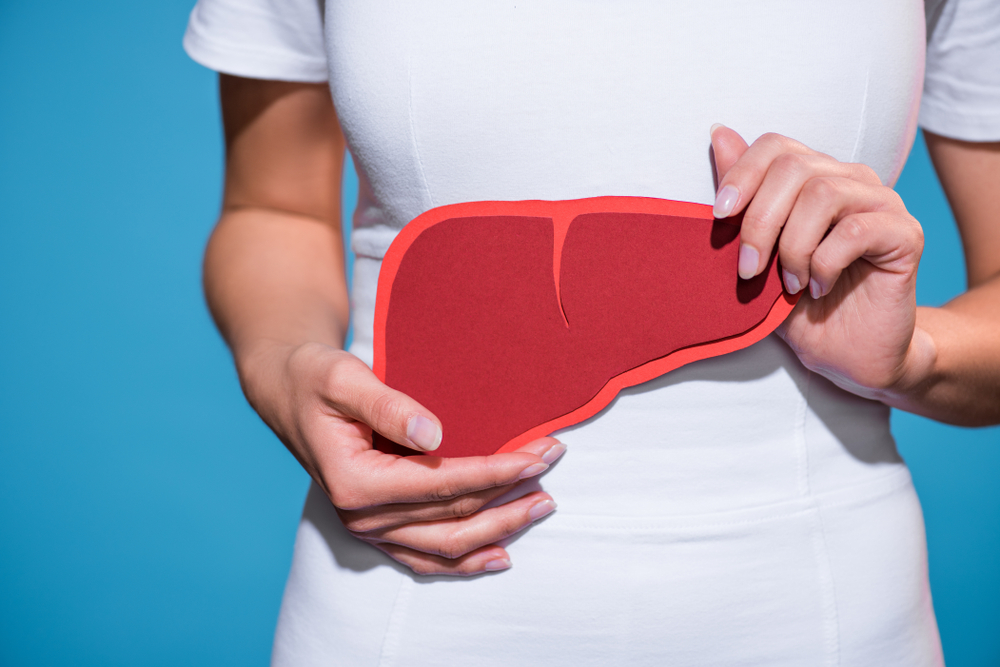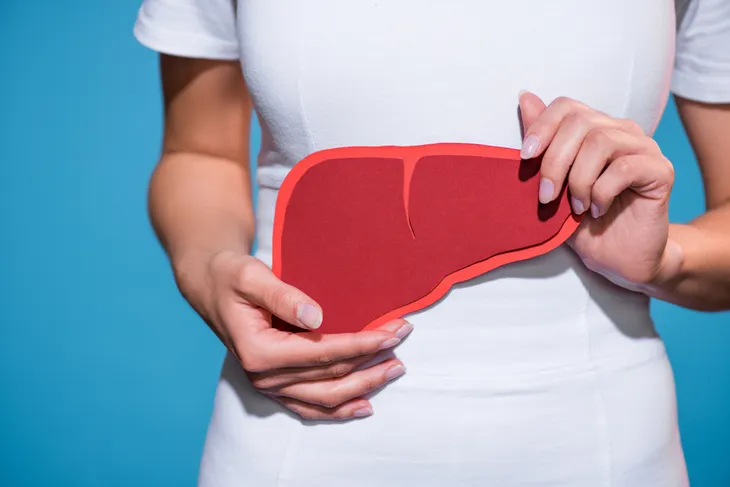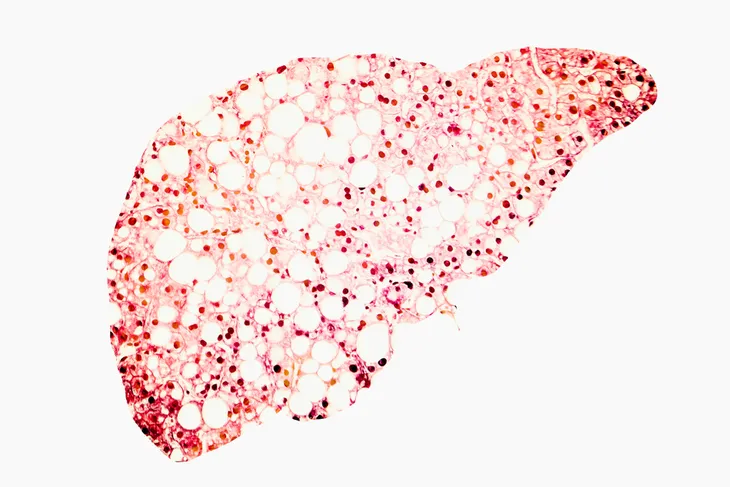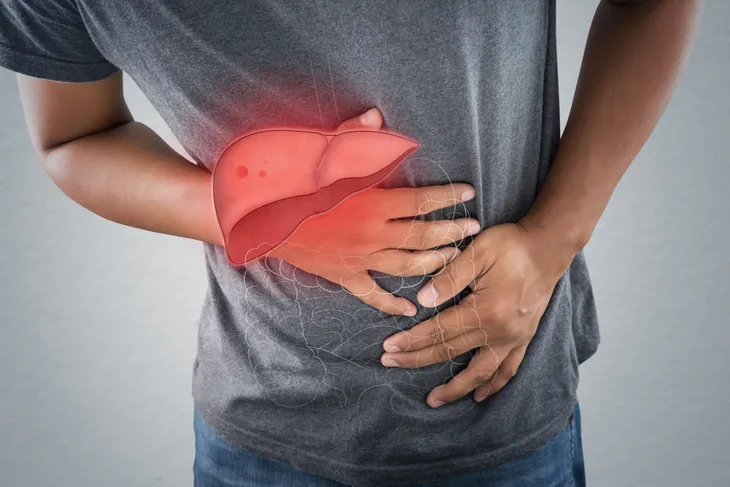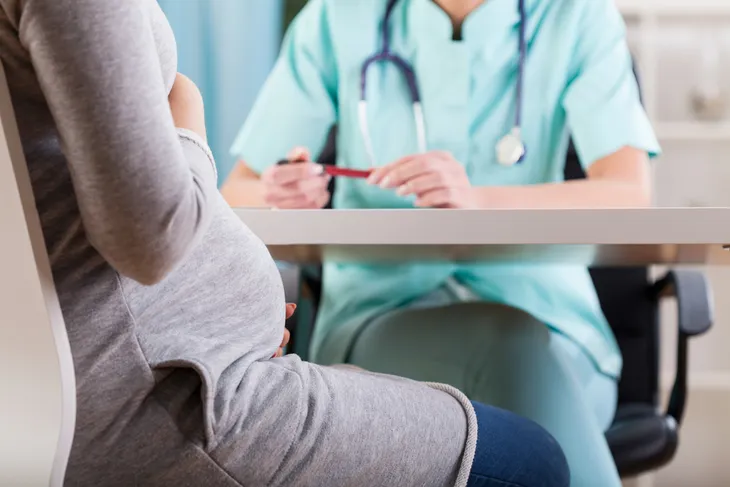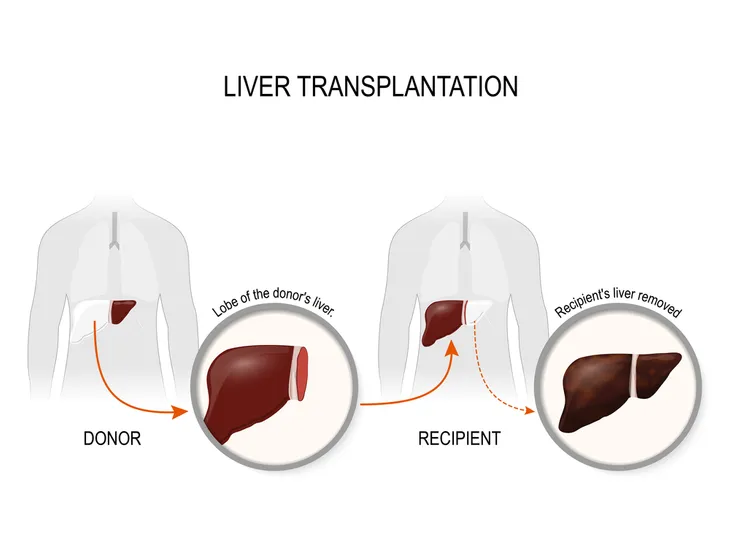If you would have told me 12 years ago my life was about to be turned upside down, I would have laughed. We were just settling into a new home after having just moved to a new state. My husband just started a new job and I had recently found out that our family was growing. After a few years of struggling to get pregnant again, we had all but given up hope. And then I got the positive test results that were going to change our lives forever. Our heads were in the clouds.
We went in for our gender scan and found out that my heart had guessed right. Another boy! He was growing and perfect. But the tech had noticed that my liver was enlarged and so my doctor suggested I follow up with a GI doctor just to make sure it wasn’t something to worry about. He sent me for an MRI and that night the doctor called me back with the results and a diagnosis.
Budd Chiari Syndrome
I’m sorry, what? Budd Chiari Syndrome? What is that? With shaky hands I tried to write down notes as he continued to talk.
Size of my liver is impressive.
Blocked veins from liver to the heart.
Liver and spleen are huge.
Chronic condition
Liver clotted slowly so it did not get shocked.
Need to follow up ASAP.
My whole body was shaking, my brain was going a mile a minute and I thought I was going to pass out before he stopped rattling off his notes. And when I hung up I realized, I was going to have to go downstairs and tell David. And just like that my life was turned upside down. What was supposed to be a happy time had just become the scariest ride of my life.
Budd Chiari Syndrome is a rare liver disease. Affecting 1 in a million. Blood clots collect in the hepatic veins that carry blood out of the liver and to the heart, restricting flow and causing congestion of blood in the liver and sometimes the spleen. The disease can present itself in many ways. From fulminant, acute, chronic and asymptomatic. Fulminant being very severe and Asymptomatic which is when someone shows no symptoms. I was told in my case it was considered Chronic. So the disease had progressed at such a slow pace that my body actually created what are called collateral veins that carry blood around the clot in what looks like a spiderweb on my imaging. Isn’t the human body just so amazing?
Symptoms
The most common symptoms of Budd Chiari Syndrome are pain in the right upper abdomen, enlarged liver and an enlarged spleen. All of which I do have. There are also ascites and jaundice which I have not had yet. And then there is Hepatic Encephalopathy, which has been my biggest symptom and struggle.
When I was diagnosed I was clearly pregnant. So when the doctor asked me if I had had any pain or swelling, I pointed at my belly and shrugged. I did start showing a lot earlier, and higher but I thought it was all pregnancy related. Never in my life was I thinking it could be liver disease.
Diagnosed
Many patients who are diagnosed with Budd Chiari Syndrome have an underlying blood disorder that increases the chances of clots. Shortly after I was diagnosed I started seeing a hematologist who diagnosed me with Factor II. My father was tested as well and it turns out I had inherited the mutation from him. My younger sister has it also.
Treatment
There is no magic pill to treat Budd Chiari Syndrome. Ascites can be kept under control with a low sodium diet. Blood thinners have helped keep more clots from forming and have allowed some of my blockages to dissolve. Some patients will get a shunt placed to reroute blood flow, but thankfully I had a slower (chronic) onset and have those collateral veins helping me out. I do take medication to treat my Hepatic Encephalopathy. But there isn’t a medication to treat the Budd Chiari itself. The only “cure” is a complete liver transplant. I was placed on the UNOS liver transplant waitlist in 2010. I am still listed. Still here. Waiting.
That’s the hardest part. Something a lot of people don’t know about organ transplants is that you don’t just get put on a list and in a few days it is ready. For some patients, sicker patients, it does work that way. But for so many others, we wait. What are we waiting for? There just aren’t enough registered organ donors so we are waiting to move up the list. And to do that, we must get sicker. Something as simple as the flu could bring me to my knees. Or one of my other organs will fail. Not sure which is better. Most days that is a hard pill to swallow but it’s my reality. And I try to remind myself that if I am not sick enough for a transplant that means I am healthier than ever expected.
Living with Budd Chiari Syndrome
“How do you do it?” That’s usually the question people ask after I tell them my story. And my reply is always the same. “What choice do I have?” Sure, life is nothing like I dreamed. I get tired of seeing doctors and taking medication. I struggle with insomnia, anxiety and depression. But I am here. I am married to my highschool sweetheart. I was blessed with two of the most amazing boys. And I am still around to enjoy every minute of life. I live for the good days. I am thankful for the fight I have inside of me that gets me through the bad days.
Budd Chiari Syndrome may have changed my life but it didn’t take it away. I’m here and I’m not going anywhere anytime soon. I am still smiling, laughing, full of hope and living life to the fullest.
